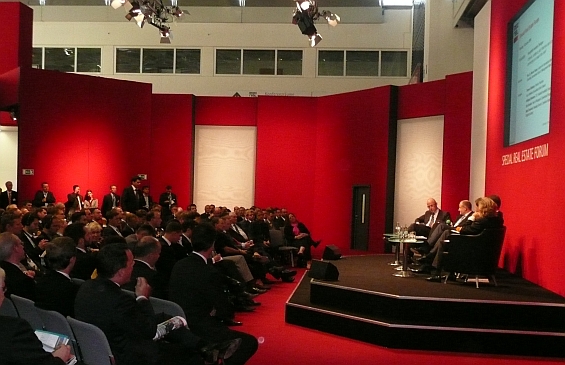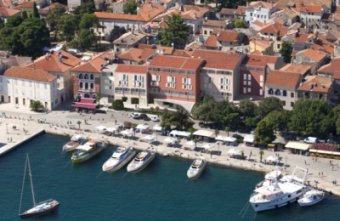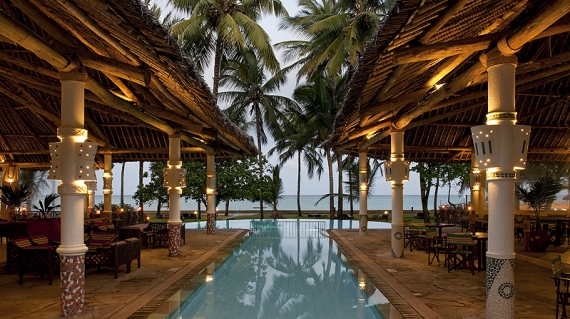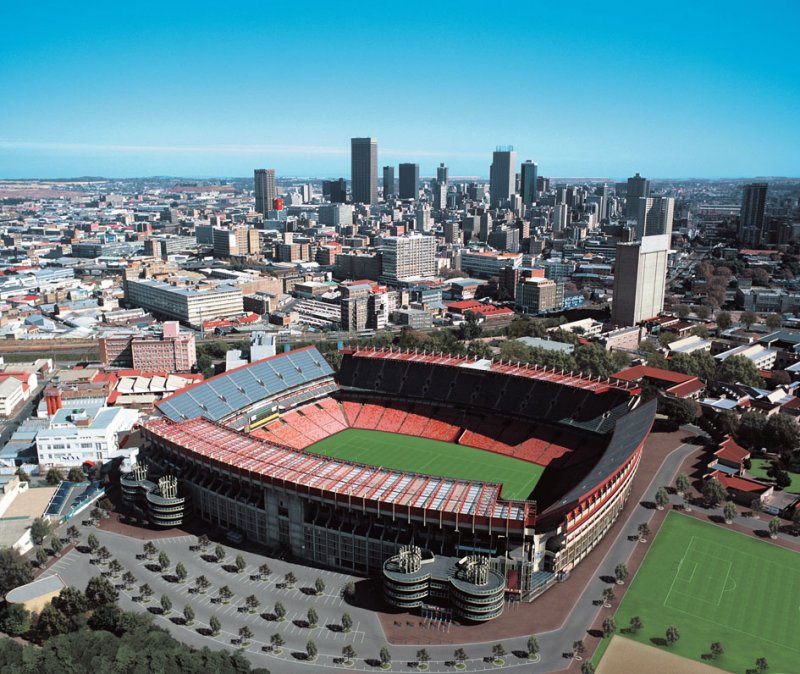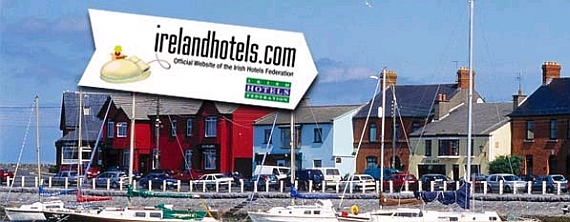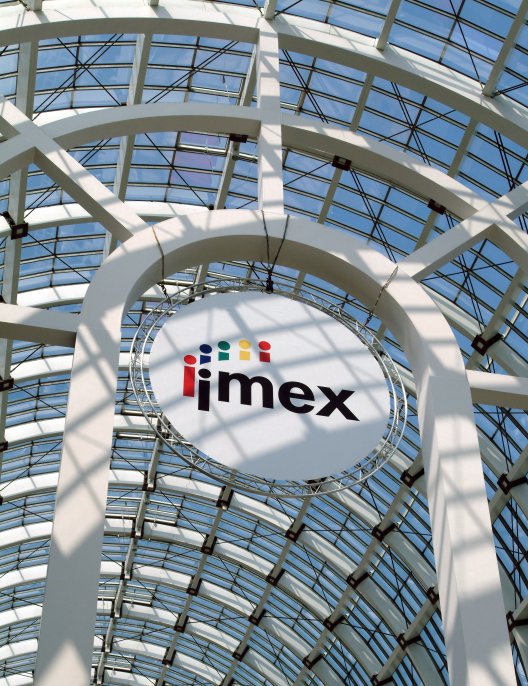
News & Stories
Johannesburg. South Africa's tourism experts present positive figures at the end of the Football World Cup 2010. The Wold Cup was an entire success for them. Nonetheless, many new hotels will have to struggle with low occupancy figures.
Frankfurt/Berlin. For eleven years, the German National Tourist Board has been carrying out international and national marketing for Germany. Domestic marketing will be cut from 2012, as the federal states’ ministers of economic affairs are short of money and prefer keeping it for themselves. German tourism threatens to fall back into the stone age of marketing. In contrast, Europe is expanding its marketing efforts.
Munich. The hotel market is moving forward again. Following the economic downturn, the first signs of recovery are now in evidence, and new constellations are emerging in the market. Experts at the "Hospitality Industry Dialogue" at Expo Real 2010 will be revealing just what the new attractive markets, concepts and locations look like. This will be the ninth meeting so far of insiders in the international hospitality sector; it takes place on Monday, 4 October 2010 at Europe's leading real estate fair in Munich. Last year, about 1,000 visitors attended the hotel conference.
Frankfurt. The "Business Travel Show", a leading German trade fair for business travels, will be staged in spring in future. The introduction of Europe's biggest hosted buyer programme for the business travel market has also been announced.
Vienna/Zagreb. Every tenth categorised bed in Croatia belongs to the Valamar group. The group emerged from privatised hotels. Camping included, the conglomerate, which is controlled by EPIC funds from Austria, is able to host up to 39,000 people in 40 objects at the same time. So far, the property and managing company have been connected strongly. As strategic enlargement, Valamar wants to take over the management for other hotels now.
Frankfurt. On this early summer day, Karl Schattmeier nearly beams as brightly as the June sun. The Chairman of the Managing Board of the Sentido hotel group reveals the reason. "Including the two Nile ships, we are now the second largest hotel group of the Thomas Cook Group with 26 hotels; we are a heavyweight with more than 100,000 guests in the 2010 summer season," says Schattmeier happily. About one year after the official market introduction in the 2009 summer season, he self-contentedly took stock last week in Frankfurt for the first time. Sentido and Sensimar, the competitive brand of TUI, are becoming more and more alike. Therefore, the question arises whether the market needs such brands or not.
Wiesbaden. The once euphoric expectations of the exclusive German tour operators with respect to the Football World Cup in South Africa were in vain. The crisis and safety have influenced booking figures. Last-minute business is running at a satisfactory level now. The biggest hope for the country concerning tourism is positive reports about the games. Three German tour operators have been authorized by the FIFA. They report on their experiences with booking. Special offers round about the biggest football event of the year have been piling up in the last minute as well.
Dublin/London. In Ireland, only 5% of hotels are generating a profit, hotel experts say. The impact of the over supply factor combined with the economic downturn is directly evident in hotel margins with declines in average occupancy and average RevPar. But this situation is not unique to Ireland, and not only the Irish sector badly needs to move from short term measures aimed solely at buying time to a more strategic approach aimed at restoring long term predictability and management stability to the sector. A case study of the Irish hotel market and similarities and differences to the UK.
Frankfurt. Exhibitors and visitors experienced a lively IMEX 2010 in Frankfurt. IMEX Group Chairman, Ray Bloom, said the show has once again set new records for hosted buyer numbers and countries represented. During the show hospitalityInside.com heard many positive comments. Also, a new IMEX for the U.S. was announced.
Frankfurt/ Main With a share of 15 percent of all outbound European trips, business travel plays a major role for tourism Europe. A study analysed the “promotable business trips” in detail with a special focus on the German event market. This is a multi-billion business. Nevertheless, due to the crisis business travel declined by eight percent compared to the previous year. The new situation also challenges hotels to adjust their offers.

